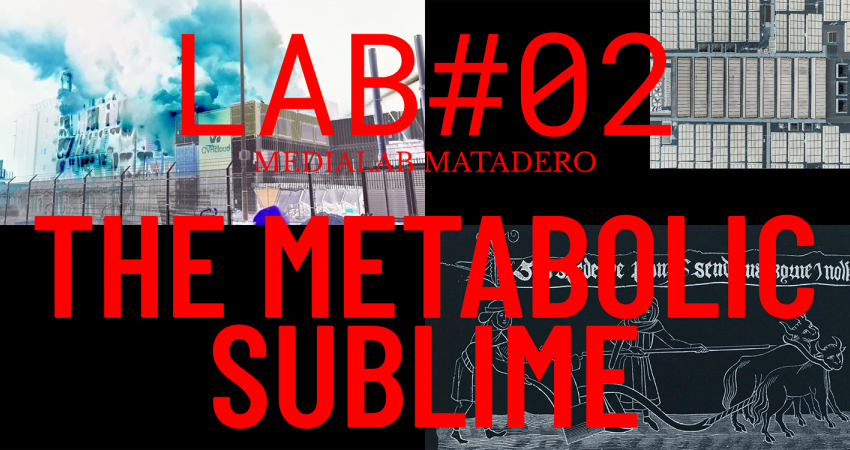Transmutational Food

The Catabolic Manifesto
From agrarian extractivism to microbial metabolism.
- As the world's population grows and the food requirements increase, suggestions to avoid the collapse of food systems are more needed than ever before. We propose to use natural and traditional processes of microbial food production from food waste and integrate them into local urban ecosystems. #microbial food production
- Addressing the issue of reducing food waste is urgently needed, as it is an under-utilized resource with a huge economical, social/ethical and environmental impact. Improving the food consumption efficiency could also be a potential solution for overcoming hunger. Therefore, the Transmutational Food reinforces local management of food production increasing autonomy of disfavoured economies and fighting against the extreme economic interdependence between economical spaces in the global food market. #fighting economic interdependence
- Patterns of food waste differ between developed and developing countries. Since in the developed countries the amount of food waste produced is twice the amount produced in developing countries with millions of economic costs per year, revaluing waste leftovers as a nutritional resource could contribute to reducing food importation to richer countries in a less polluting and more cost-effective framework. #food waste costs and impact
- The microbial food production system for which we advocate takes into account chemical degradation reactions that also involve fermentation processes from sugars (i.e., fruits and fruit juices). #fermentation
- Analogously to the fermentation of sugar and its derivatives, we are also living in changing times in which our society has to be transformed into something else, as if the existing world order would decompose and liquefy into a recombinant and fermented new world. #fermentation of society
- The assumption of the Transmutational Food in everyday life necessarily means a change in perceptions of edibility (i.e., eating mycelium). According to the fact that specially the wealthy are the ones who have the highest rates of household food waste, they would be the target for this new kind of food; which would then become a status symbol. #change perceptions
- We face a big challenge to secure food for everyone while freeing up land for nature to recover. We need a backup if crops fail, droughts ravage, soil erodes and areas become less fertile. Microbial food production could make us more independent, as microbes don’t need proper soil, they don’t need as much land and they can produce all year long independent of the weather, moving us away from animal-dependency. #animal-dependency
- The transformation of food waste, edible and inedible, into a new appetizing product through catabolic chemical reactions would allow a circular model of nutritional optimization. This process would harness the power of microbes, and reboot the way we think of and produce food. #circular model
The Transmutational Food would fundamentally change the connection between farm and fork, opening the door to a future that decouples the familiar connection between soil, land and food. People would have more acquaintance with the development of natural product manufacturing processes, thus connecting them with primitive procedures and dynamics regarding human communities and self-sufficiency. #human communities
Créditos:
Wladimir Pulupa
Helena Daher Gomes
Daniel Mateos San Martín
Silvia García Sánchez
Cecilia Zoppi
Helena Ortin
2
colaboradores
0
comentarios
Equipo
Coordinadores:
(Ninguno)
Colaboradores:
(Ninguno)
Temas
Creado
31/05/2022
Estado del proyecto
En desarrollo
Programa
Valoración conjunta
0
0



 Medialab-Matadero Madrid
Medialab-Matadero Madrid